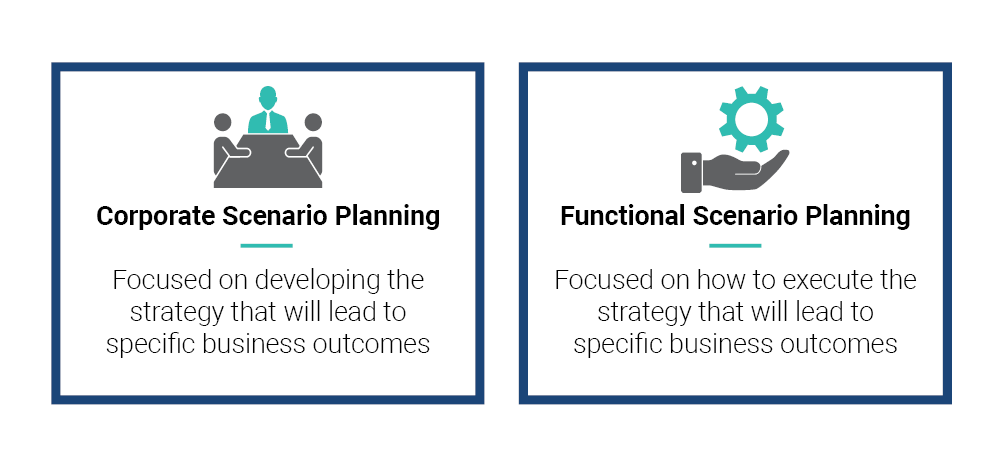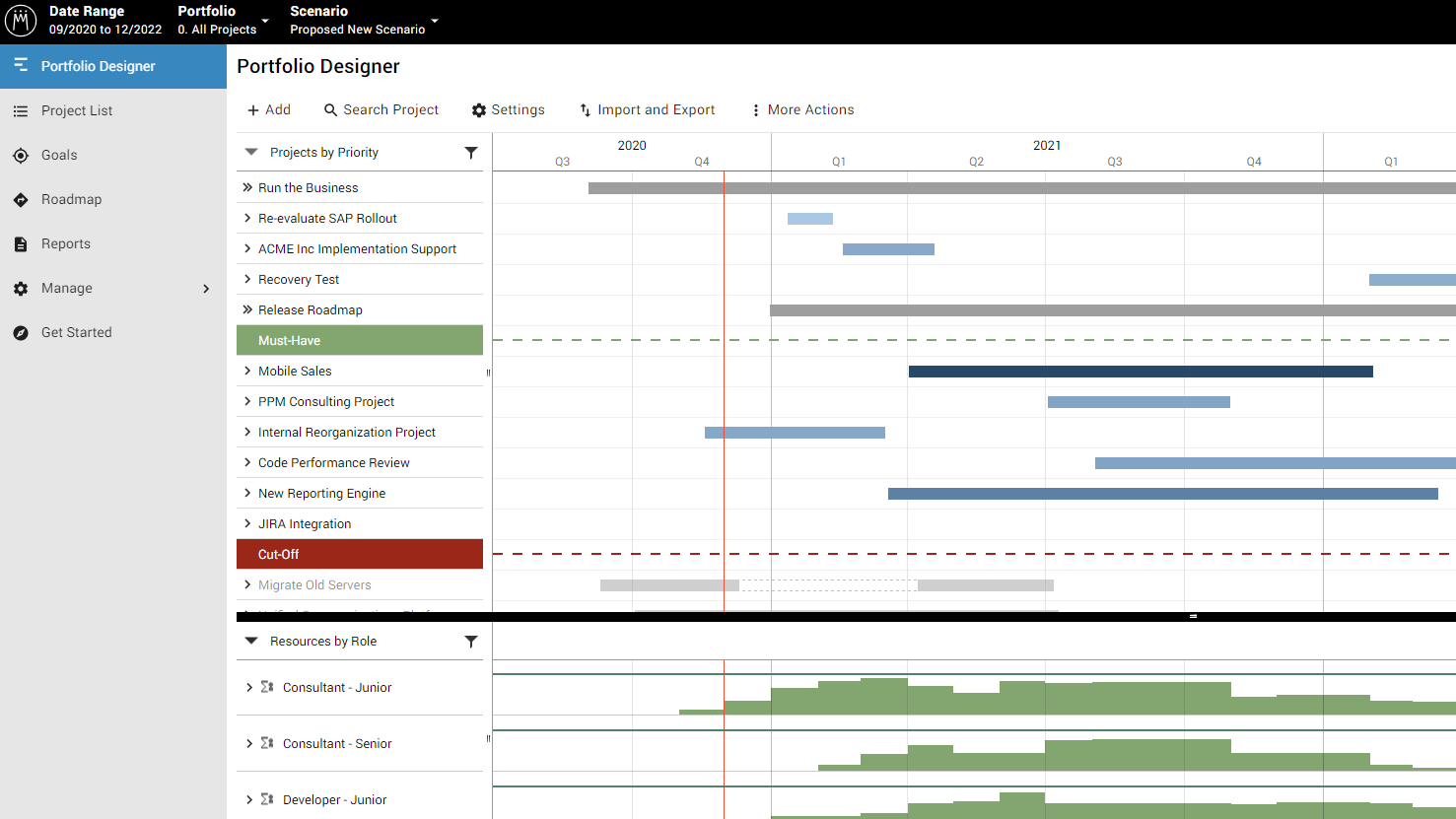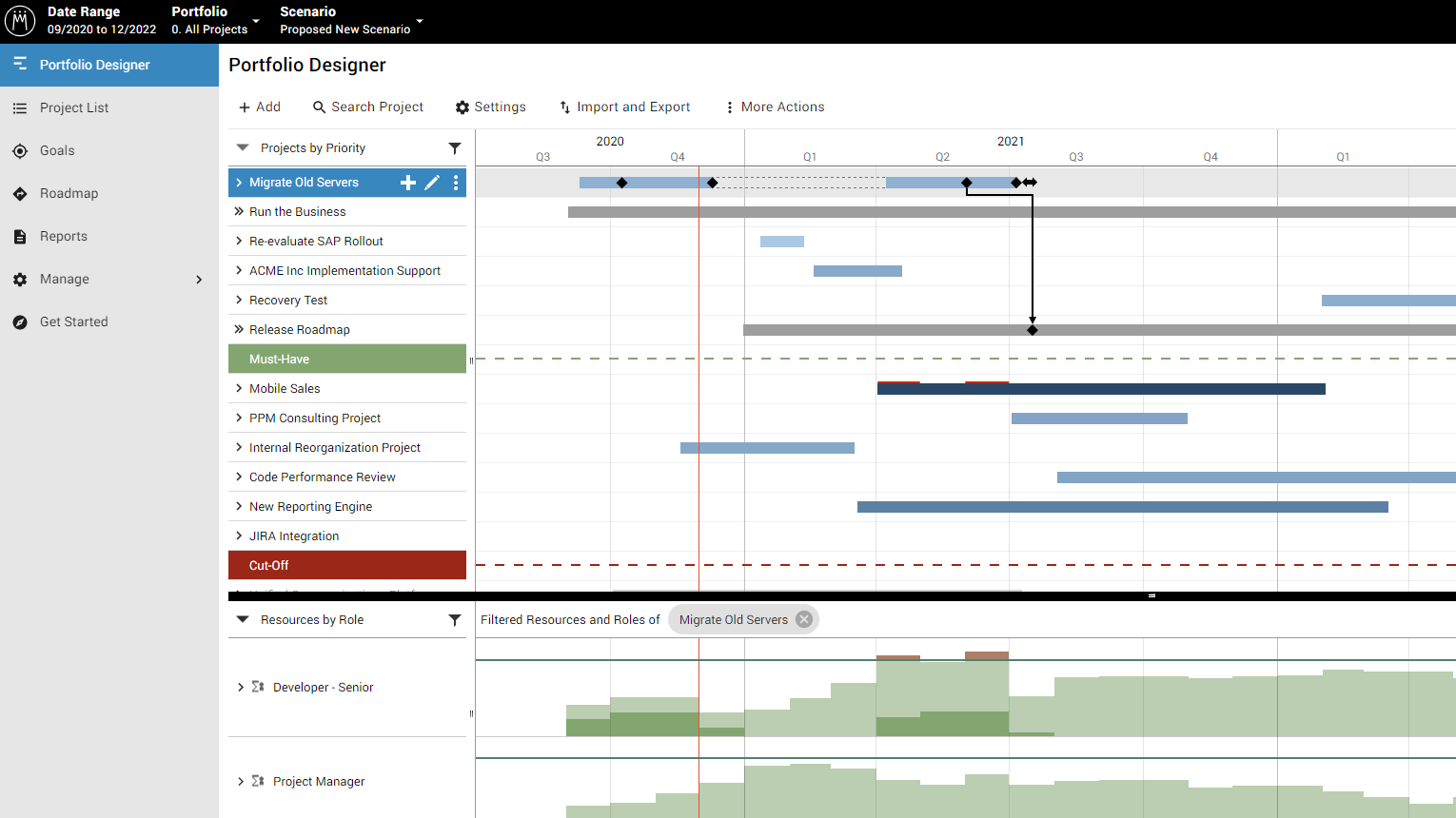In today’s dynamic environment, it’s not enough to create just one plan for the future because no one knows exactly what the future will be. Many successful organizations tackle this issue by preparing for various potential outcomes with scenario planning. When organizations use scenario planning, they not only prevent themselves from being blindsided by changing conditions but also avoid the paralysis caused by needing to quickly adapt while feeling unprepared to do so.
Now it may sound like this kind of planning would require a lot of prep work, but it’s actually pretty straightforward once you understand the basics. To get started, you’ll need to understand what scenario planning is as well as how it’s used in organizations both at a high-level and on a more practical level. Once you understand these key areas, you’ll be able to successfully start implementing your own scenario plans for your organization.
What is Scenario Planning?
So, you might be asking, “What exactly is scenario planning?” Scenario planning is a planning method that considers many potential future outcomes in order to develop long-term plans. Each scenario is a plausible and specific future event or change in business that dictates a different response if the scenario turns out to be true. Say for example I own an ice cream shop, I would want to understand different future scenarios that could potentially disrupt my business so that I can figure out the best way to respond to them ahead of time. What if the shipment of the new flavor I’ve been promoting is delayed for the foreseeable future? What if a pandemic keeps customers away? Scenario planning can also be for positive changes. What if the supply of a new flavor sells out in a week instead of a month? What if business is so good I need to hire more employees? Scenario planning is meant to prepare you for these specific situations.
Scenario planning is used in many different contexts across industries and across departments whether you are in finance or operations. It can get pretty complex depending on the situation, but many times it’s merely a simple display of plan alternatives based on potential outcomes, which can be just as effective. However, at its most basic level, scenario planning is really a management technique designed to obtain consistent outcomes.
While there are many applications for scenario planning, there are two that are the most common and often cause tension: corporate and functional. Corporate scenario planning is handled by executives and upper management. The focus is on very specific business outcomes like revenue goals, customer acquisition and other high-level key performance indicators (KPIs). In contrast, if corporate scenario planning focuses on business outcomes, functional scenario planning is focused on how to achieve those outcomes. Functional scenario planning is performed by managers or department heads and is extremely pragmatic. This type of scenario planning explores how work that contributes to the desired business outcome will actually get done. This includes what projects will be done when, who will work on the projects and what the budgets will be.

Not surprisingly, these two types of scenario planning often cause frustration in organizations. There is an inherent disconnect between desiring a specific outcome and the required work to achieve that outcome. The managers responsible for developing functional scenario plans often feel overwhelmed and rightfully so. It’s one thing to develop corporate scenarios for specific business outcomes, but to plan resources, projects and budgets for each corporate scenario can be complicated. But that’s where we at Meisterplan can help. We recognize the gap between corporate scenario planning and functional scenario planning and built our project portfolio management software to support managers in their scenario planning.
Functional Scenario Planning with Meisterplan
There’s no shortage of tools for corporate scenario planning, but these won’t work for functional scenario planning. A tool for functional scenario planning needs to be tactical, intuitive and efficient. Functional scenario planning with Meisterplan can be done in three steps.
1. Define the Corporate Scenario
Before you can start creating a functional scenario, you’ll need to specifically define the potential future or business outcome the corresponding corporate scenario has described. This will help keep your functional scenario aligned and guide decisions when putting the scenario together.
2. Create Your Sandbox
Scenarios are often created by copying the current project portfolio. This pulls in project, resource and budget information, but you may need to add or update additional information that isn’t in your current project portfolio. Once you have all the relevant data in your scenario, you can create a sandbox to manipulate different variables.
3. Develop Your Functional Scenario
With the desired business outcome from the corporate scenario in mind, you can easily determine what needs to be done to achieve this outcome. Do you need to collect new project initiatives to support the business outcome? Do you need to hire more employees to get the projects done on time? Do you need to adjust the timeline of projects so your resources aren’t overallocated? These are the questions managers answer when they develop functional scenarios.
Managers Answer What-If Questions
You can almost guarantee that when you present a functional scenario, there will be “What-if…?” questions. What if instead of adding project “x” to the portfolio, we add project “z”? What if we hired three more senior developers for the third quarter? What if we pushed back that project deadline? Meisterplan helps you answer these questions in real-time with drag and drop functionality and easy to understand visuals.
To immediately answer What-If questions in Meisterplan, open the scenario you are working in.

Then make a change such as moving a project from below the Cut-Off line to above the Must-Have line. In the example below, we’ve moved the project “Migrate Old Servers” from below the Cut-Off line to the top of the project list. You can see how moving this project has overallocated Senior Developers in Q2 2021 in the histogram and above the project in the Gantt chart.

This immediately lets you and your team know that if you want to keep this project in your portfolio, there will be a tradeoff. You don’t have enough Senior Developers to do all the projects, so you’ll need to remove a project from the portfolio, reschedule projects or hire more developers.
Conquer What-If with Meisterplan
Organizations need both corporate and functional scenarios to prepare themselves for the future. Meisterplan helps your organization prepare so you can seize new opportunities, adapt to avoid pitfalls and deliver results no matter what the future brings.
Read Next

Data Quality: The Achilles Heel of Project Portfolio Management



